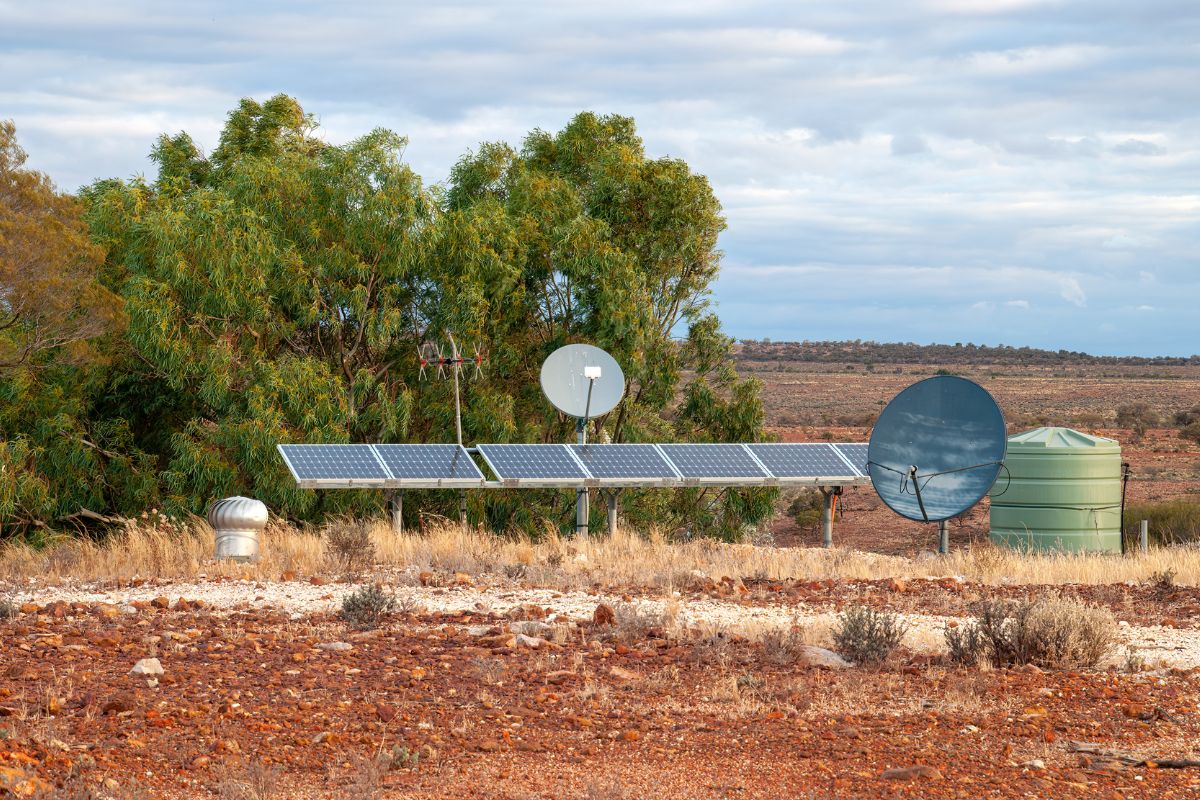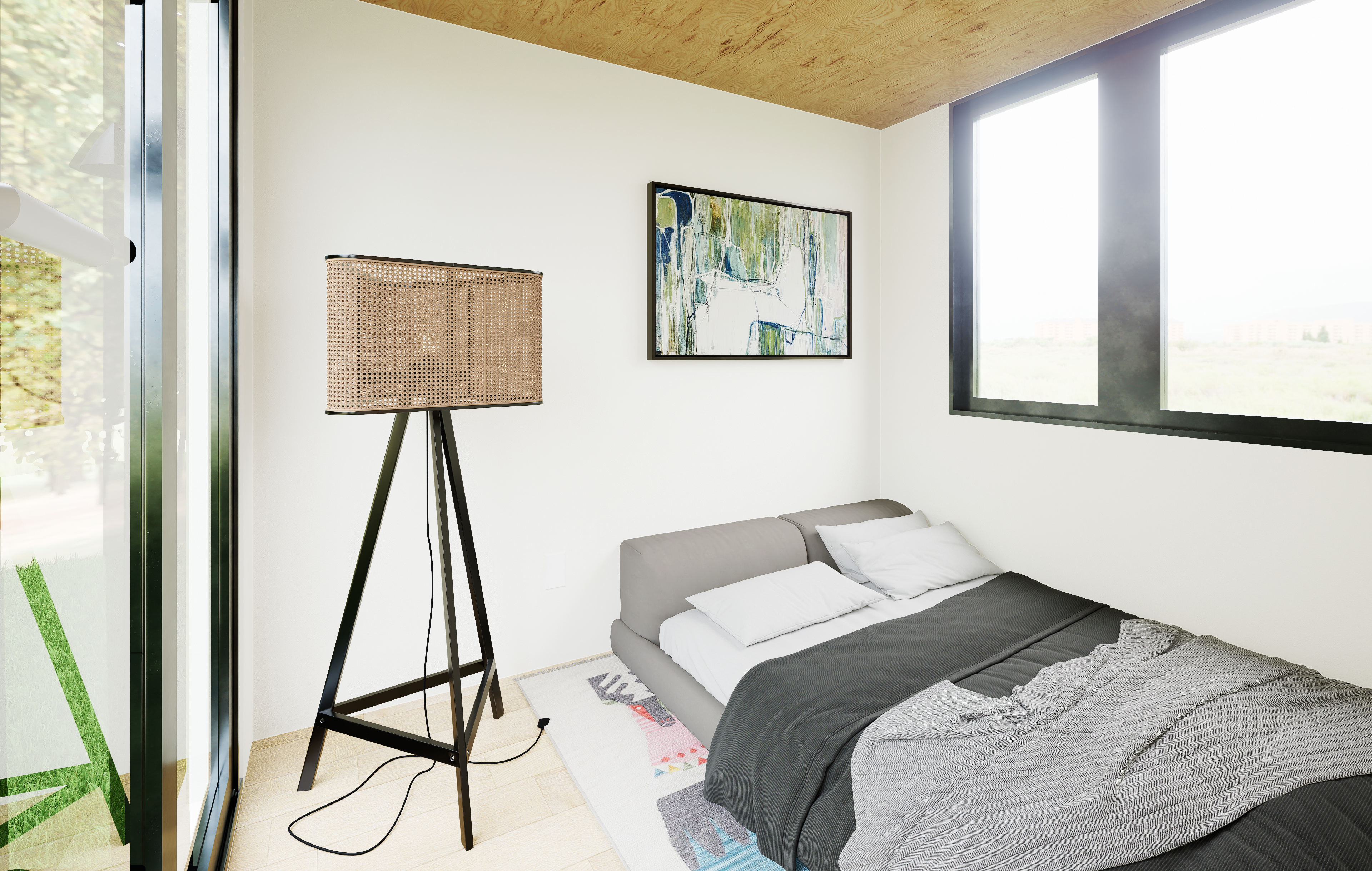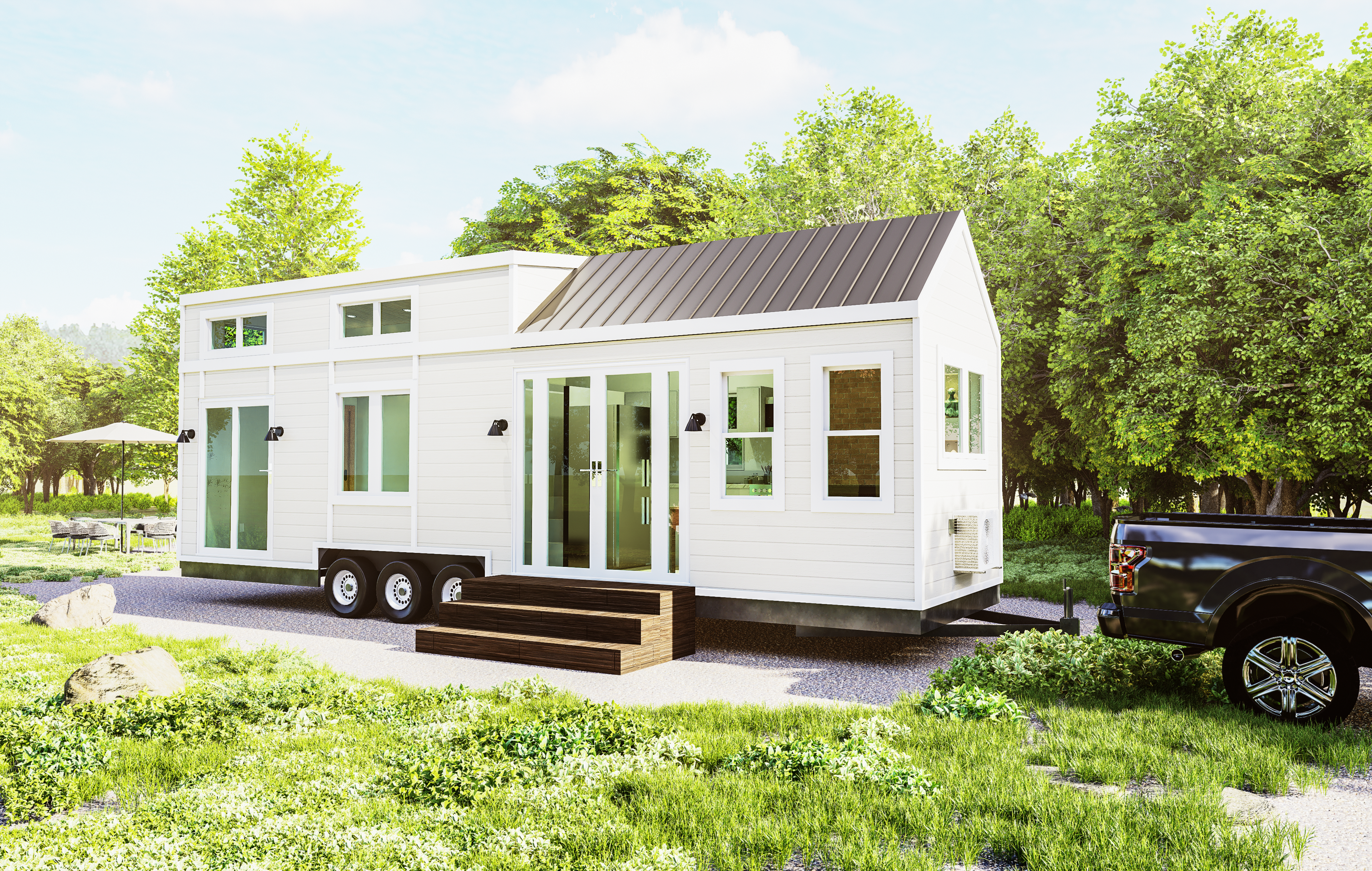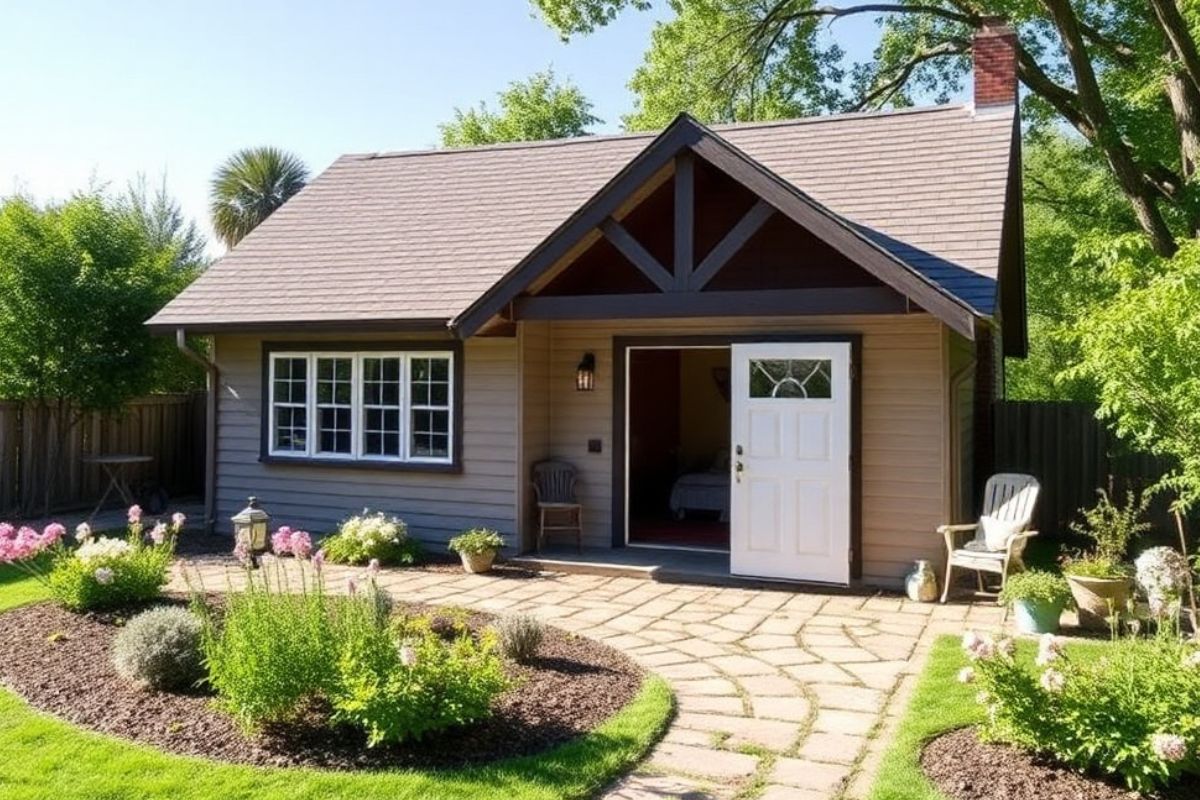You might utilize renewable energy, such as wind or solar, and collect rainwater or draw from a well. It's a path towards self-reliance and sustainability, where you can reduce your carbon footprint, save a bit of cash, and find harmony with nature. Intriguing, isn't it? Let's delve deeper into what off-grid living truly entails.
Understanding Off-Grid Living
To truly grasp off-grid living, you've got to understand it's not just a lifestyle choice—it's a whole new world of self-reliance and sustainability. It's about disconnecting from public utilities and generating your own electricity, water, and even food.
You effectively become your own utility company, which might sound daunting, but it's not as complicated as you may think. You'll rely on solar panels, wind turbines, or hydro generators for power. Rainwater collection systems and wells will provide your water. You'll grow your own food or raise animals for sustenance.
It's a hands-on, back-to-basics approach that requires commitment and resilience. But remember, it's not about being anti-society or anti-technology, it's about embracing independence and sustainability.
Benefits of Living Off-Grid
Embracing an off-grid lifestyle offers a wealth of benefits, not just for you, but potentially for the environment as well. You'll enjoy a degree of self-reliance that's simply not possible in an urban setting. Growing your own food, generating your own power, and sourcing your own water provides a sense of accomplishment and independence. Moreover, you'll reduce your carbon footprint, contributing positively to the fight against climate change.
Financially, you may find that living off-grid is more economical in the long run. Without monthly utility bills, you'll be saving a significant amount. It's also a lifestyle that encourages simplicity and minimalism, reducing clutter and consumption. So, not only will you be living in harmony with nature, but you'll also experience a more peaceful and stress-free life.
Challenges in Off-Grid Lifestyle
While living off-grid can be liberating, it's not without its challenges that you'll need to overcome.
You'll have to adjust to a more physically demanding lifestyle, as tasks that were once simple, like laundry or cooking, become more strenuous without modern conveniences. Access to healthcare and emergency services can be more difficult, especially in remote locations.
It's also crucial to consider the financial aspects. You'll need to invest in off-grid systems like solar panels or wind turbines, and regular maintenance isn't cheap. Plus, you'll have to navigate legal issues related to land use and building codes.
Lastly, isolation can be a mental challenge. Living off-grid often means fewer social interactions, which can lead to feelings of loneliness.

Essential Off-Grid Living Skills
Mastering certain skills is crucial for a successful off-grid lifestyle. You'll need to develop a strong understanding of basic survival skills and self-sufficiency. Learn how to grow your own food and preserve it for the winter months. You can't rely on a grocery store when you're living off the grid.
Knowledge of basic construction is key. You'll likely need to build or repair your own home. Don't forget about energy. Understanding solar or wind energy systems will be important too, as you'll have to generate your own power.
Finally, you'll want to master water collection and purification. Pure water isn't always available off-grid.
These skills aren't just useful, they're essential. So, equip yourself with the right knowledge before you make the move.
Transitioning to an Off-Grid Life
Making the move to an off-grid life isn't as simple as packing up and leaving; it requires careful planning and preparation. You'll need to research where it's legal to live off-grid, and consider your comfort level with isolation.
You'll also need to learn about renewable energy systems, water collection, and waste disposal. It's important to understand that you'll be giving up certain conveniences, like immediate access to stores and services.
Budgeting is crucial as you'll need to invest in equipment and possibly land. You'll also need to establish a sustainable food source. Transitioning to an off-grid life can be challenging, but with the right preparation, you'll be ready to embrace a lifestyle of self-reliance and environmental consciousness.
Questions to Ask Yourself Before Going Off-Grid
Can Off-Grid Living Co-Exist With Modern Technology?
Absolutely, you can live off-grid while still utilizing modern technology.
You're not shunning advancements, you're simply using them differently.
Solar panels, wind turbines, and satellite internet can all be part of your off-grid lifestyle.
What Legal Considerations Are There for Living off the Grid?
When considering off-grid living, you'll need to check local laws. They often regulate things like waste disposal, property rights, and energy generation.
It's crucial you're aware of these to avoid potential legal troubles.
How Does Off-Grid Living Impact Childrens Education?
Off-grid living can impact your kids' education in unique ways.
They'll likely learn practical skills and self-reliance, but you'll need to ensure they're also receiving a balanced, comprehensive academic education.
This may involve homeschooling or online learning.
What Are the Health Implications of Living Off-Grid?
Living off-grid offers numerous health benefits, such as increased physical activity, access to fresh air, and a diet free of processed foods. These factors can contribute to overall well-being and improved health. However, this lifestyle choice also comes with its challenges. Accessing healthcare services may be more difficult, and individuals may need to be prepared to cope with extreme weather conditions.
Living off-grid can be a rewarding experience, but it's essential to consider both the advantages and potential obstacles before making the transition.
How Does Off-Grid Living Affect Social Relationships and Community Involvement?
Off-grid living can impact your social relationships and community involvement significantly.
You're likely to form tighter bonds with nearby off-gridders, but may feel distanced from others due to limited technology and different lifestyles.
Conclusion
So, you've explored the concept of off-grid living. It's about self-reliance, sustainability, and embracing simplicity.
While it offers numerous benefits like saving money and reducing your carbon footprint, it also presents challenges. But with the right skills, transitioning to this lifestyle can be a rewarding journey.
Remember, it's not about being anti-society, but about living harmoniously with nature and celebrating your independence.
Could off-grid living be your next big adventure?






Share: